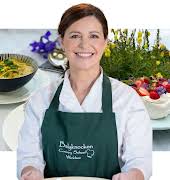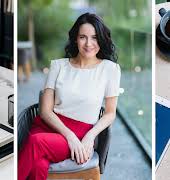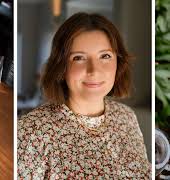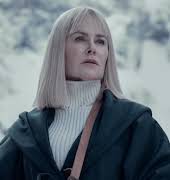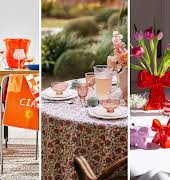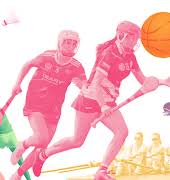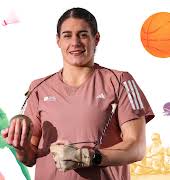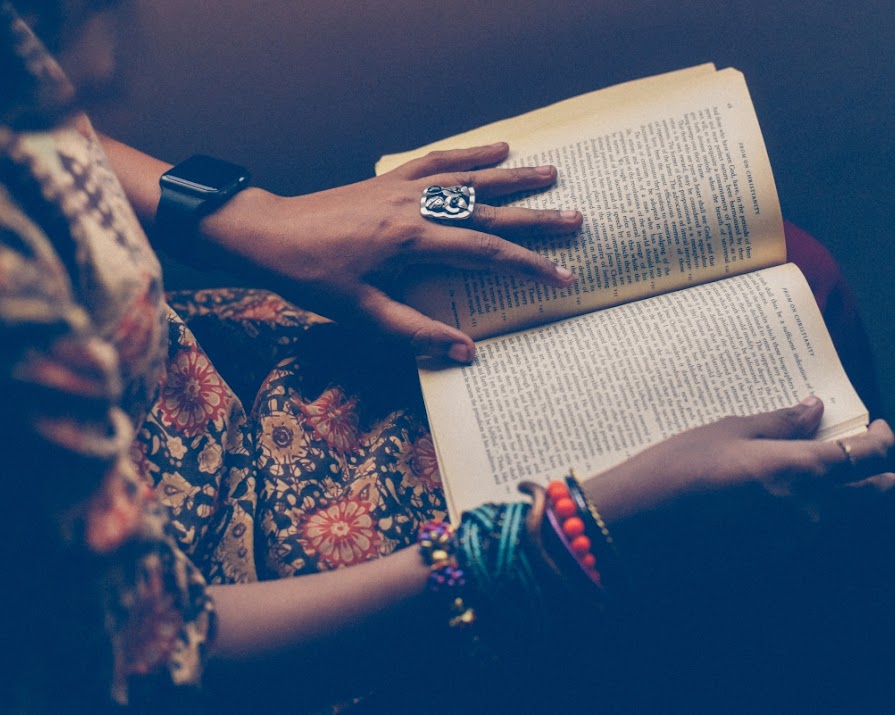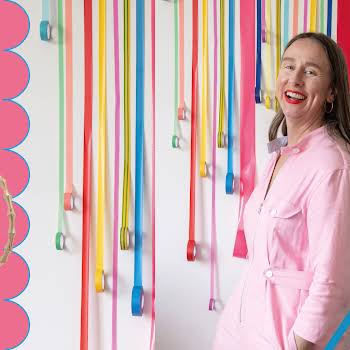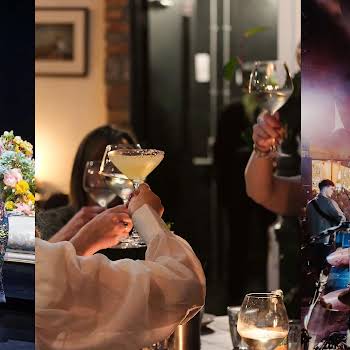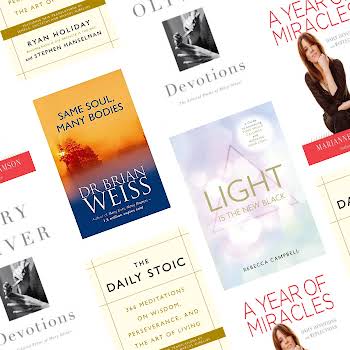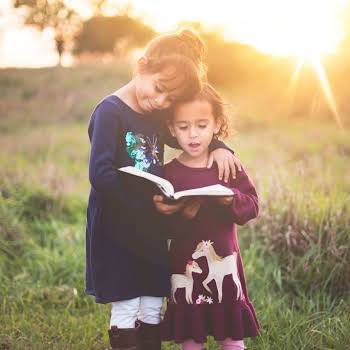Books Are The Cure To All Life’s Problems (Here’re 10 To Read For Common Ailments)
By Sophie White
01st Mar 2018
01st Mar 2018
Having run the gamet of life-problems, Sophie White is pretty convinced that books are the answer to all life’s questions and the cure for all life’s problems
Today is National Book Day which got me thinking just how much I owe to the books in my life. More so than any family or friends (sorry guys, you can’t compete), books have seen me through some pretty crap stuff. From adolescence to grief and bad boyfriends to bad hair decisions, I’ve always found comfort in books.
I’m not the only person who rates the medicinal properties of the novel. A few years ago, artist, Ella Berthoud and novelist, Susan Elderkin published an A-Z anthology, The Novel Cure, in which the authors offer book recommendations for a wide selection of common and less common physical afflictions and psychological and emotional ailments.
In 2008, they took their idea of ‘bibliotherapy’ to a more formal setting and began treating ‘patients’ in one-to-one sessions at The School of Life in London.
For more general diagnosis, their book The Novel Cure is the perfect guide to ‘shelf help’, anyone seeking self medication can look up the index and be paired with the perfect literary remedy.

The physical ailments and psychological disorders are as far-reaching and idiosyncratic as the novels recommended. Opening the book at random throws up the following complaints and recommendations; death of a loved one (Incendiary by Chris Cleave), arrogance (Mildred Pierce by James M. Cain), man-flu (Les Miserables by Victor Hugo) and being a goody-goody (The Master and Margarita by Mikhail Bulgakov) each accompanied by a wry explanation of the recommended literary tonic.
Under ‘children, under pressure to have’, our book-doctors advise sending a copy of Lionel Shriver’s We Need to Talk About Kevin to the next person who enquires after the pitter patter of tiny feet.
Other entries are as lyrical and beautifully written as the books they prescribe such as the recommendation for ‘pain, being in’, The Death of a Beekeeper, in which Lars Gustafsson reveals a fundamental truth about pain: that bearing pain is an art form. Berthoud and Elderkin go on to advise those in pain to “think of yourself as an artist practicing something so demanding and hard that you are elevated to a master by the act of your endurance…with the beekeeper you will discover a terrible but wonderful truth: that pain makes you more alive.”
The curious epilogue of The Novel Cure playfully tells of a meeting between two readers (the authors themselves perhaps) where one reader poses the question ‘are books “a defense you set up to keep the outside world at a distance”, “a dream into which you sink as if into a drug”, or “bridges you cast towards… the world that interests you so much that you want to multiply and extend it’s dimensions through books”?’ It’s clear from the Novel Cure that Berthoud and Elderkin believe that the answer to this question is all three.
Here are my own top 10 personal literary balms for the pain of living:
1. Childhood, escape of
The Witches by Roald Dahl

2. Adolescence, need for feeling less alone
Fat Chance by Louise McSharry

3. Addiction, moving on from
Rachel’s Holiday by Marian Keyes

4. Depression, living with
Possession: A Romance by AS Byatt

5. Grief
The Year Of Magical Thinking by Joan Dideon

6. Unrequited Love
The Marriage Plot by Jeffrey Eugendides

7. First time motherhood, surviving of (see also: running away, resisting urge to)
Making Babies by Anne Enright

8. Bad hair decisions, the making of
I Feel Bad About My Neck by Nora Ephron

9. Hanger, assuaging of (see also: madness, weathering of)
Recipes For A Nervous Breakdown by Sophie White (that’s me, shameless plug alert)

10. Housebound during unprecedented weather event
The Shining by Stephan King

Photo by Prasanna Kumar on Unsplash

